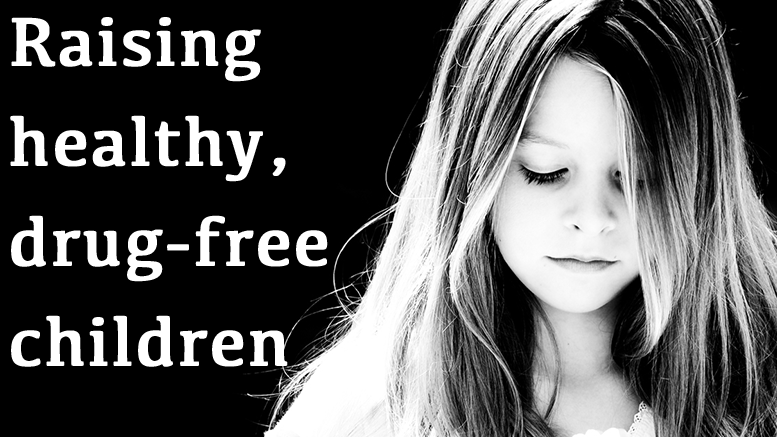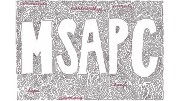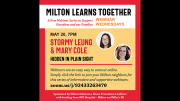Based on the results from a Milton High School student risk behavior survey, underage drinking and frequent marijuana use are issues of particular concern for our community.
The good news is that parents can make a difference. Children whose parents talk with them about substance abuse are about half as likely to use drugs, and teens say that parents are the number one influence on their decisions about whether to drink alcohol. They cite that if they refrain from substances, it’s mainly because they don’t want to harm their relationship with the adults in their lives.
The Facts
Alcohol
Alcohol can damage the brain and cause learning deficits, and is linked to behavior problems, depression, violence, disability from accidents, and death-from driving accidents and suicide. The younger people are when they start to drink, the higher their chances of developing an alcohol problem later in life. Teens who drink are more likely to use other drugs.
Marijuana
Marijuana is not like the drug that some parents may have used as teens. It is now much more potent and can be addictive. Teens who regularly use marijuana are more likely to fail in school and experience a permanent reduction in IQ. While its use is widespread, a recent study found that the number of young people who think marijuana is risky is decreasing. Studies show that children are typically exposed to substances as early as middle school, when they care more about what their friends think and do. Preparing them in late elementary school is advised.
Five ways to protect your teens:
1. Be a Role Model
- If you must drink in front of your kids, do so in moderation
- Never drive after drinking
- Do not abuse illegal drugs, including marijuana. If you are a user, refrain from doing so in front
of youth - Don’t tell stories to your kids that make drinking seem glamorous or funny
2. Be Clear About Your Expectations and Stick to Them
- Explain why you don’t want your kids using substances, and clearly explain your rationale
- Set a “no use” policy and set clear rules
- Give your children a chance to talk about the rules
- Emphasize rewards and praise for good behavior and decision-making
- Be clear in advance what the consequences will be if the policy is not adhered to
- Tighten the reins when rules are broken
- Encourage truth-telling
3. Reduce Access to Alcohol and Drugs at Home
- Consider locking up your prescription drugs and alcohol, starting when they’re young
- Guard your aerosol cans, which kids use as inhalants to get high, as they can cause permanent
brain damage or even death - Monitor, if you can, what your kids watch on TV or computers
- Do not serve alcohol to youth under 21 years of age. It’s against the law!
4. Be Involved in your Kid’s Life
- Listen; Don’t Judge. Be responsive and supportive
- Get to know their friends and their parents
- When they go to friends’ homes, check if an adult will be there. (They won’t like that, but do it!) Don’t assume other parents have the same rules that you have.
- Family dinners are important
- Encourage your teen to call you if they feel uneasy or unsafe. You can have a code word so they
aren’t embarrassed and you will understand the urgency - Prepare them to deal with peer pressure
Help your Teen be Successful and Engaged
- Teens who perform well in school are less at risk for substance abuse
- Check on homework
- Get them a tutor if they’re struggling. Speak with the school guidance counselor
- Teens who participate in community service and extracurricular activities are at less risk.
- Encourage your child to become immersed in:
- Community Service
- Sports or Gym
- Arts/Music
- Clubs or Camp
- Private Lessons, etc.
Kids watch. Kids listen. Kids learn.
If you need help addressing substance abuse in your family, contact the anonymous Massachusetts
Substance Abuse Information and Education Hotline at 1-800-720-3480 or visit www.helpline-online.com
Helpful resources can also be found on these town websites:
Milton Substance Abuse Prevention Coalition: www.milton-coalition.org
Milton Public Schools Family Resources Page: http://www.miltonps.org/partnerships-resourcepages.php
Contributed by the Milton Substance Abuse Prevention Coalition.
Adapted from materials produced by the MA Department of Public Health.





Be the first to comment on "Raising healthy, drug-free children"